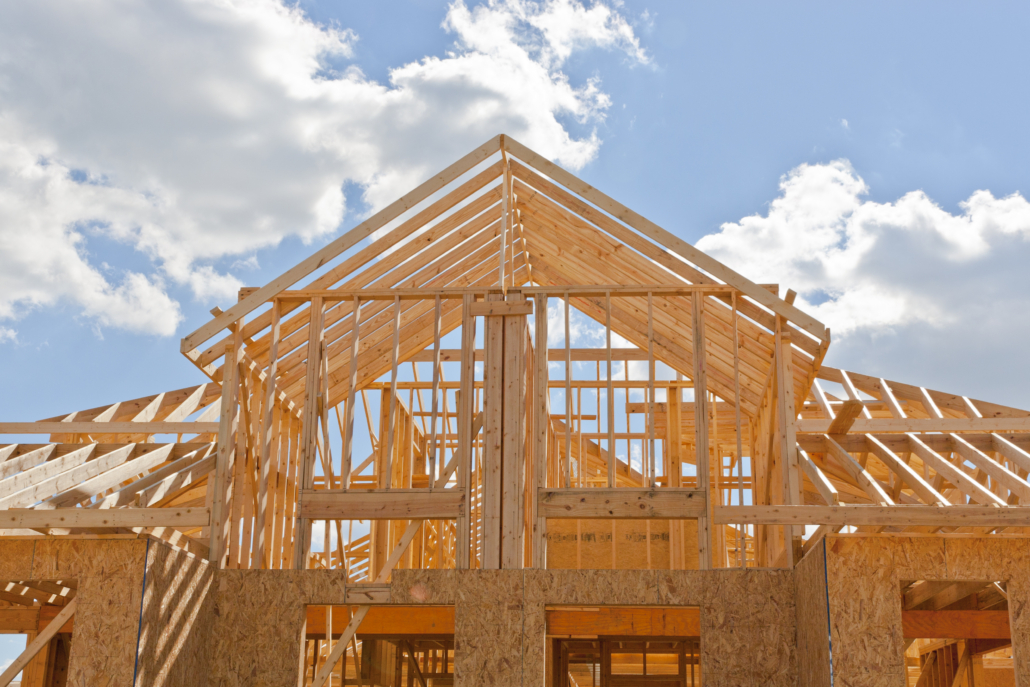From Andrew Cline of the Josiah Bartlett Center.
Legislature passes 15 housing reform bills in 2025
Five years ago, there was little action in the Legislature to address the decades-long rising cost of housing in New Hampshire. St. Anselm College polling found in 2020 that voters hadn’t yet connected surging prices to local land use regulations. Only 28.7% of voters said local governments should relax planning and zoning rules to allow for more housing.
We published a landmark study in 2021 showing how local regulations led to housing shortages, and therefor to surging prices.
By 2022, 52% of voters said local governments should relax their regulations to allow more housing. Last year, it was 61%.
Legislators responded with a number of proposals for 2024, but only three significant bills passed.
This year, the dam broke. With the a critical mass of voters demanding change and a broad consensus formed around the need to free the housing market by relaxing regulations, lawmakers proposed nearly three dozen housing reform bills. They passed an impressive 15, a 500% increase over the prior year.
The most consequential of the 15 is likely to be House Bill 399, which establishes a commission to study the law that grants local governments their zoning and planning powers. Passed 100 years after the state allowed local zoning and planning for specific public purposes, the bill tasks the commission with reviewing how localities have used or misused these powers. It’s conceivable that the commission would recommend limiting municipal zoning and planing powers that exceed their intended public purposes.
Other bills range from small changes to permitting on private roads to the statewide legalization of residential construction in commercial zones.
The sheer number of reforms is eye-popping, considering that deregulation efforts could get little traction as recently two years ago. The passage of 15 housing reform bills in a single year (with more to come in the second year of the session) is a signal that legislators have heard loud and clear that voters want them to act to facilitate the construction of new homes and apartments.
Political pressure for housing reform is rising from the ground up. Lawmakers are listening. And they’re responding in largely the smart way: by moving to deregulate various parts of the housing market.
Housing reform bills passed in 2025:
HB 60, allowing landlords to terminate leases of more than one year, provided they give 60 days’ notice. Current law extends all leases indefinitely unless tenants violate the lease.
HB 296, expediting development on private roads and mandating that zoning boards take appeals within 30 days.
HB 399, establishing a commission to study the enabling act that grants local governments their zoning and planning powers. Instead of playing Whack-a-Mole with local land use regulations by passing bills to address each abuse one by one, HB 399 orders a top-to-bottom reconsideration of all local zoning powers. Its recommended changes could substantially roll back local regulatory authority.
HB 428, prohibiting municipalities from adopting local building codes that exceed the state building code.
HB 457, prohibiting local governments from banning unrelated people from living together and prohibiting local governments from passing ordinances limiting housing occupancy to fewer than 2 people per bedroom.
HB 577, allowing detached Accessory Dwelling Units (ADUs) by right and prohibiting municipalities from mandating that ADUs be smaller than 750 square feet.
HB 631, allowing residential development in all commercial zones.
SB 91, changing annual special appraisals for homes in commercial zones to one-time appraisals.
SB 165, raising from $100,000 to $1 million the threshold at which consumer cooperative associations must be audited. Many mobile home parks are owned by these associations.
SB 173, streamlining property tax appraisals for properties enrolled in the low-income housing tax credit program.
SB 188, allowing private contractors to conduct building inspections on behalf of local governments.
SB 281, requiring municipalities to allow development on unmaintained roads, provided the property owner acknowledges the risks.
SB 282, allowing multifamily buildings up to four stories tall to have a single staircase.
SB 283, forbidding municipalities from using below-ground areas when calculating floor area ratios.
SB 284, prohibiting municipalities from mandating more than one parking space per residential unit.
July 11, 2025
By Andrew Cline
Andrew Cline is president of the Josiah Bartlett Center for Public Policy.
Click here to link to the article at the Josiah Bartlett Center website.

